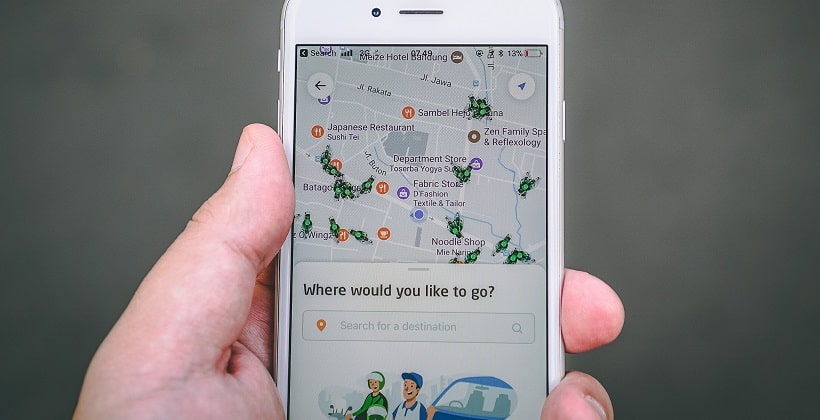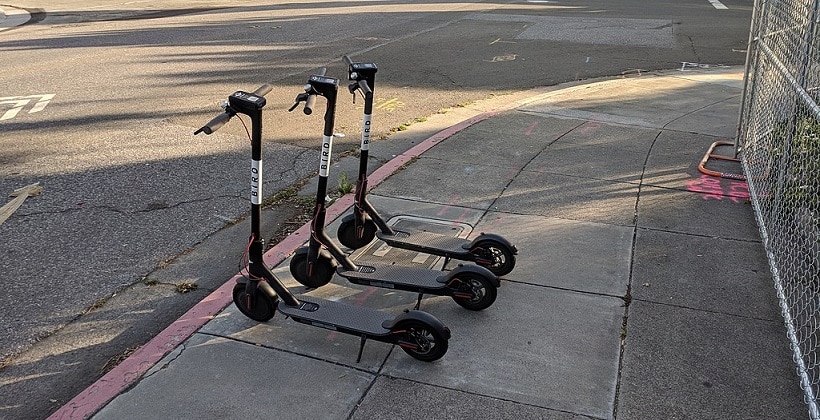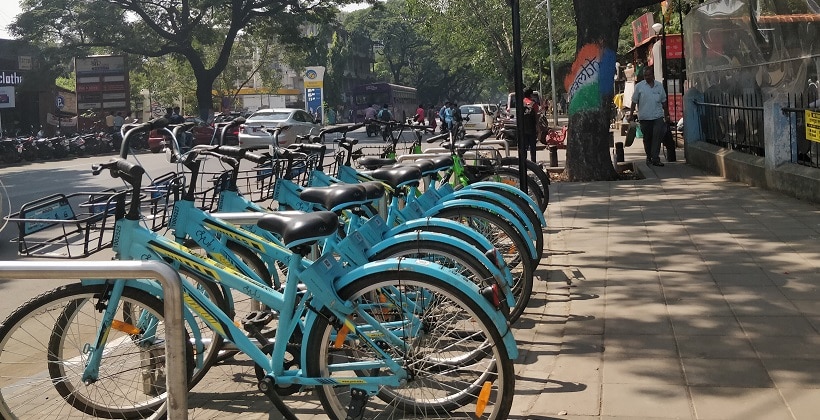Lesson
Part of: Toward Efficient Informal Urban Transit
High Tech Services are New on the Informal Transit Spectrum
BOOKMARK
Smartphone apps and GPS (global positioning systems) have opened new models of informal transit.


